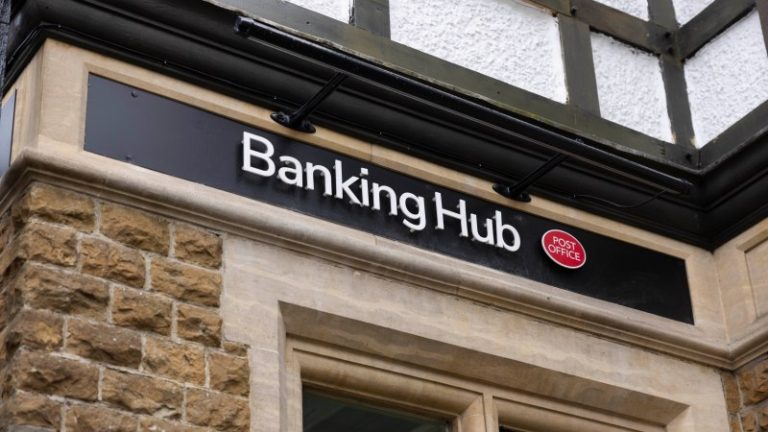UK wages and price growth expected to slow
Businesses intend to lift both wages and prices by a lesser degree over the coming year, bolstering the case for interest rates to come down over the summer.
Companies surveyed by the Bank of England last month said they planned to increase pay by an average of 4.1 per cent, down from a forecast of 4.6 per cent in April.
Prices charged, an indication of expectations for future inflation, are predicted to rise by 3.8 per cent in the year ahead, down from 4.2 per cent previously. The figures were contained in the Bank of England’s decision-maker panel survey, which the central bank monitors closely to inform its interest rate decisions.
The figures indicate that businesses are increasingly confident that inflationary pressures have cooled, suggesting that workers will demand lower pay increases. According to the Office for National Statistics, wages have been increasing at an average rate of about 6 per cent over the past year.
The Bank is deliberating over when to make its first interest rate cut since March 2020, having lifted the base rate to 5.25 per cent, a 16-year high. Latest inflation data exceeded the Bank’s forecasts, falling to 2.3 per cent in April from 3.2 per cent in the previous month.
Services inflation, which the central bank examines closely for signs of domestic inflationary trends, fell only marginally to 5.9 per cent from 6 per cent, also higher than the Bank had expected.
There is speculation among investors that borrowing costs could be brought down over the summer, potentially in August, if incoming figures show that prices growth is heading back to the official 2 per cent. Data this month showed that inflation in the services sector had dropped to its weakest pace in three years.
Rob Wood, chief UK economist at Pantheon Macroeconomics, a consultancy, said: “The decision-maker panel joins a clutch of surveys in signalling that tight monetary policy continues to bear down on inflation pressure. Easing inflation and recruitment difficulties well down from last year suggest that ratesetters can begin gradually easing the restrictiveness of monetary policy soon. We expect [the Bank’s ratesetting monetary policy committee] to cut Bank rate by 25 basis points in August and again in November.”






